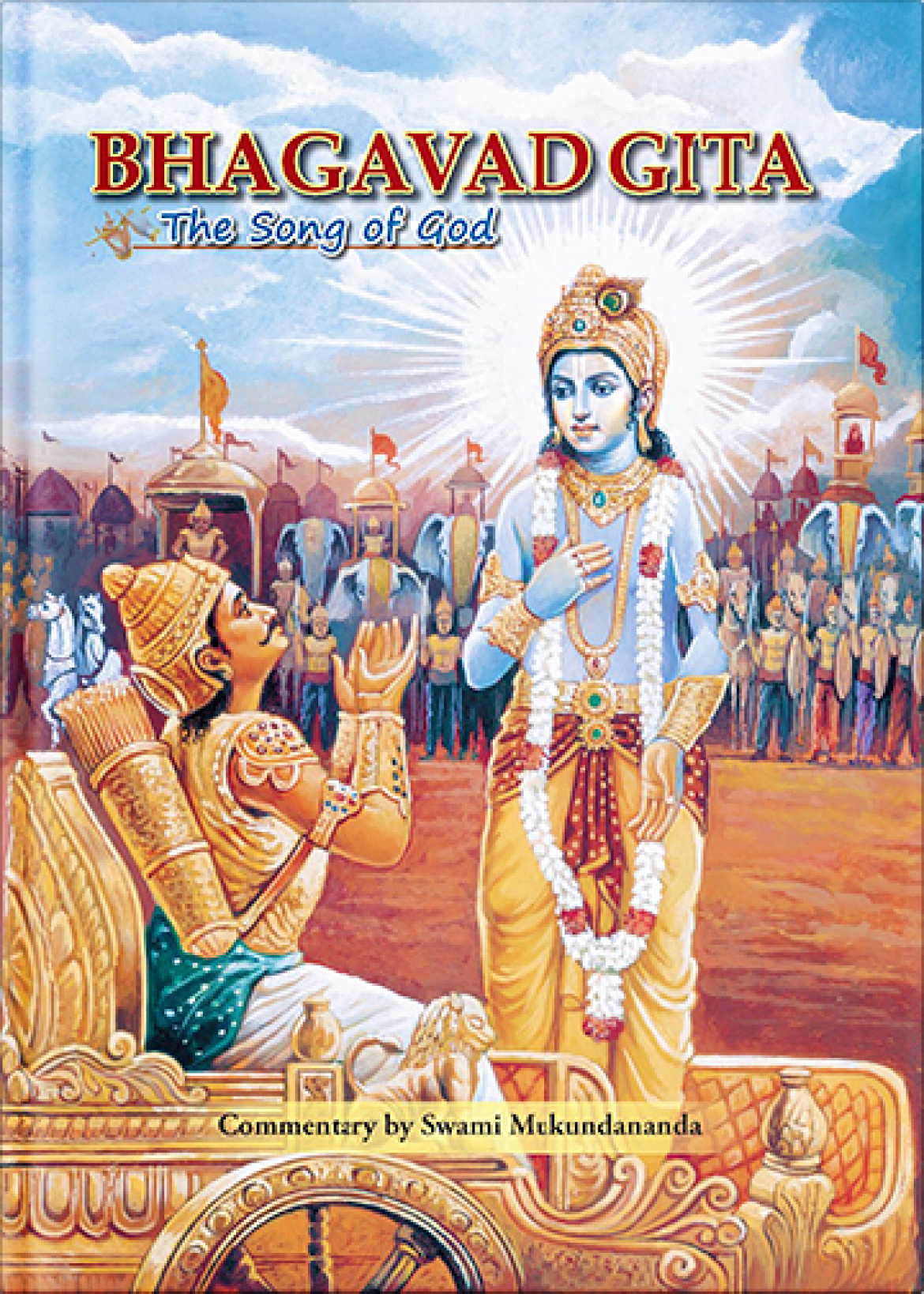As we embark or progress on the spiritual path, there is a desire to become more knowledgeable about this subject. To learn about a topic, we usually follow any combination of three avenues. First, we try to learn through self-effort by reading and researching the topic ourselves. Second, we ask around. We engage with our friends and family and try to learn from them. Third, we turn to an expert. Before we buy a book, we review the author’s credentials to determine if we can trust their advice.
In order to learn more about spirituality or true selfless love, we should not pick up just any book. According to Shree Maharajji, all krit granth, or books written by ordinary humans, suffer from four primary weaknesses:
Bhram
This occurs when we believe something to be true when it is not, like an illusion or a mirage. For instance, we believe ourselves to be the body, not the soul, and so we believe everything else related to this material world to be ours – my mother/father, my sister/brother, my wife/husband, my children, etc. In the end, we are the soul, not the body, and only God and Guru are ours.
Pramāda
Carelessness of the mind is called Pramāda. In the Bhagavad Gita, Arjun complained to Shree Krishna, that the mind is fleeting like the wind and very difficult to control. Shree Krishna agreed. He didn’t berate Arjun or disagree with him. Instead he said that while difficult, it was not impossible. If we already understand this piece of knowledge and believe it whole-heartedly, then we need to be very careful and manage the mind so that it is always engaged in loving sentiments of God and Guru and yet we often fall short. Why? Because of our carelessness.
God’s mind is divine and the mind of a God-realized Saint is controlled. It is our mind that is fickle and it is because of this carelessness that we profusely claim to love another and the very next instant claim to hate the same person! So, the question becomes: for something as important, significant, and meaningful as scriptural knowledge that is meant to teach us to love Krishna, the Supreme Being, are we willing to trust a perspective or an interpretation authored by such a capricious mind and that is not an authority?
Vipralipsā
Vipralipsā is where we hide the reality or truth because we want others to like us or perceive us as “good” or as the “expert authority,” etc. Most popular authors while sharing their experiences in the book, deliberately hide their transgressions. Why? Because they understand should those transgressions come to light, they will lose their credibility and suffer more than a financial loss. Shree Maharajji has explained in his various lectures that this desire to be perceived as good in the eyes of others without striving to be good in reality is one of the main reasons for our downfall on the spiritual path. This was also cited as one of the main obstacles to surrender.
Karaṇāpāṭav
Karaṇāpāṭav refers to lack of experience. This occurs when we say things or make definitive statements based on things we’ve read in other books rather than experiencing them first-hand. Consider this: would you accept someone as your doctor or surgeon without an internship? Would you accept someone as your physical trainer or yoga teacher who has never done any exercises or asanas himself/herself but merely read about them? Even when you are looking for a job, companies pay more for people who have greater experience. Why? Experience adds depth of knowledge by making us aware of subtleties as we address various issues and learn about them. So would you read a book authored by someone who is not a God-realized Saint (one who lacks the experience) and believe it wholeheartedly enough to follow it?
The Vedas, also termed vinigrat granth, are the eternal knowledge of God. Smrit granth are texts written by God-realized Saints whose intellects were illumined with the divine knowledge by the grace of God. Together the vinigrath and smrit granth are referred to as the “Vedic scriptures” and are free from the material defects discussed above. Hence, they are considered the authority on this spiritual journey. And that’s why we should trust them. As you pick up any scriptural literature keep these items in mind and do share your new found knowledge with us!







